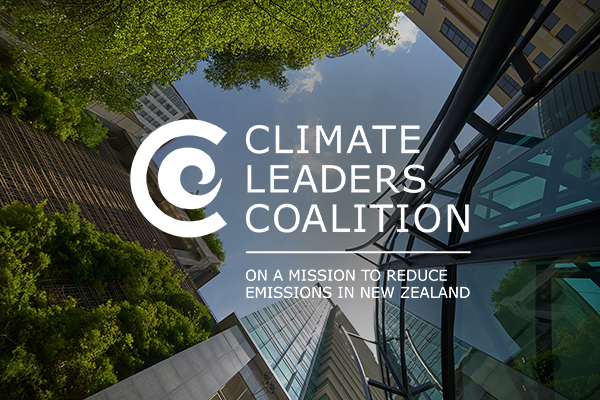More and more businesses are considering going down the road of electric vehicles. While it’s a good way to show business leadership on climate change, reduce emissions, and help create the critical mass of demand necessary to truly launch the EV market in New Zealand, it’s not quite as simple as replacing your company fleet with EVs and installing a few plugs. Here, some of New Zealand’s biggest corporates and members of the Climate Leaders Coalition, such as Meridian, Spark, Orion and Westpac, share what they’ve learnt when it comes to transitioning their corporate fleets into EVs.

